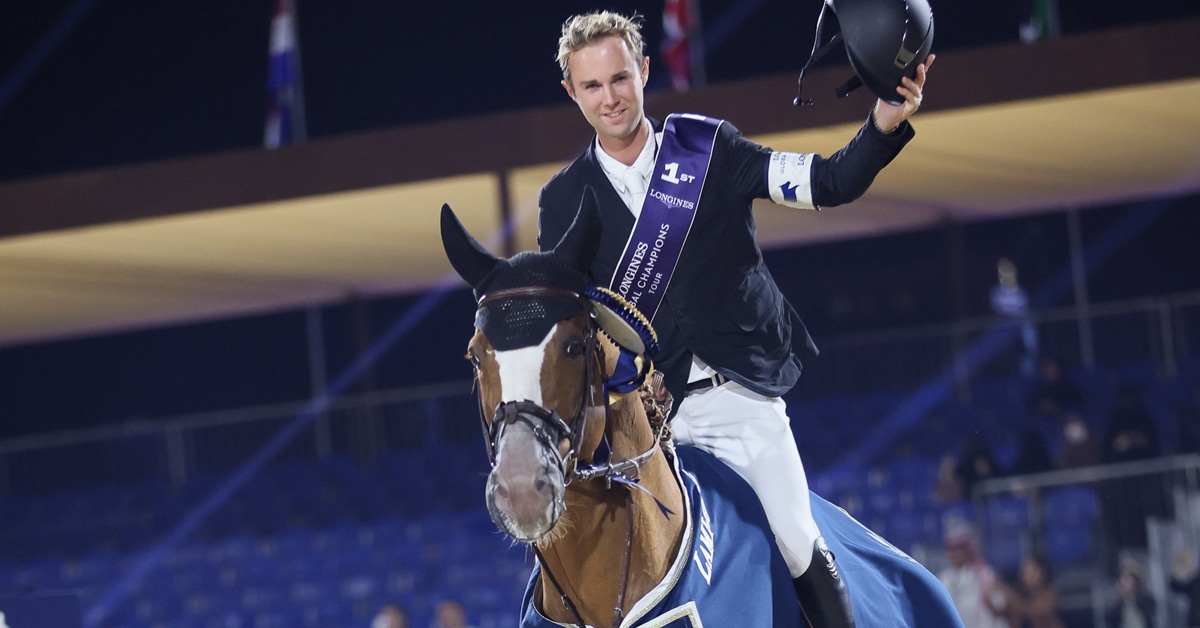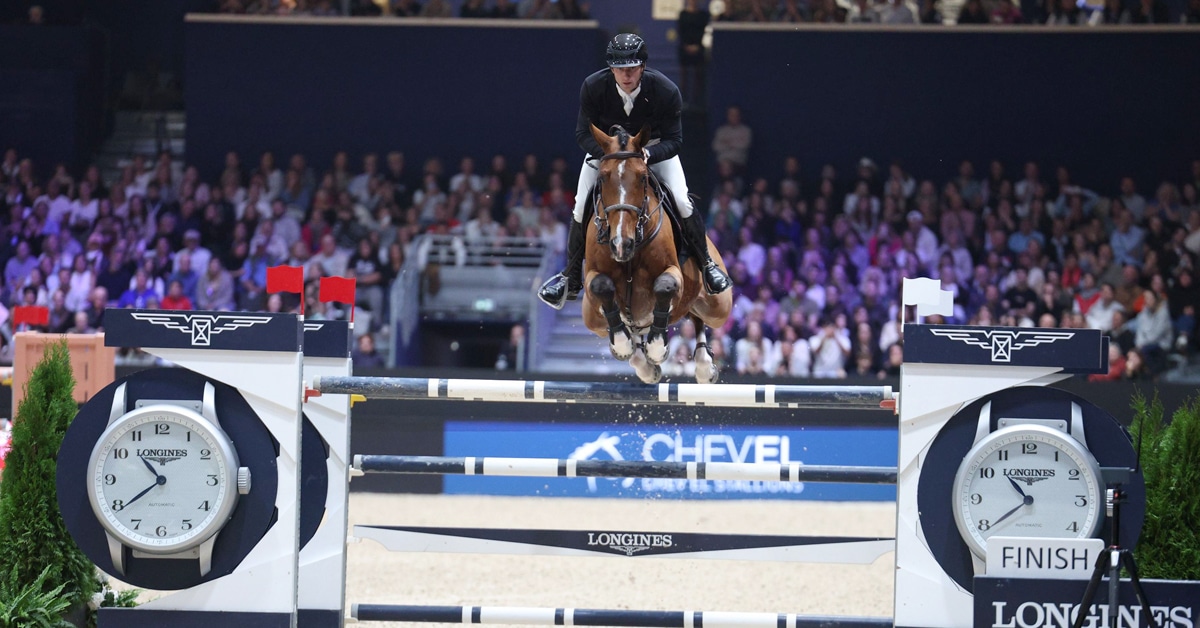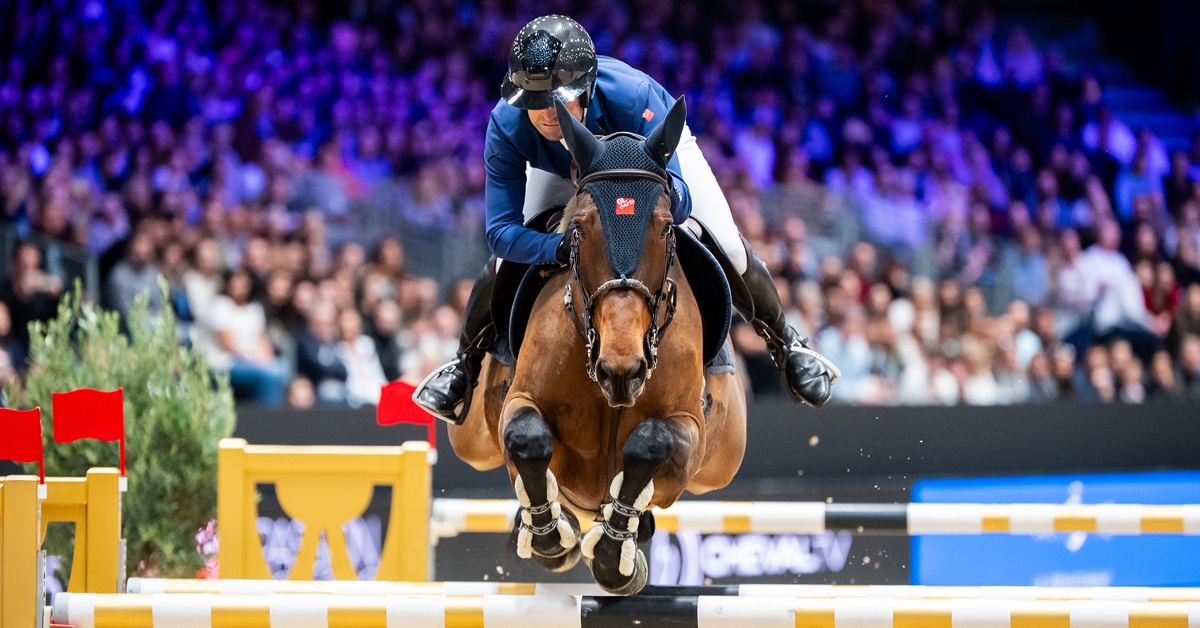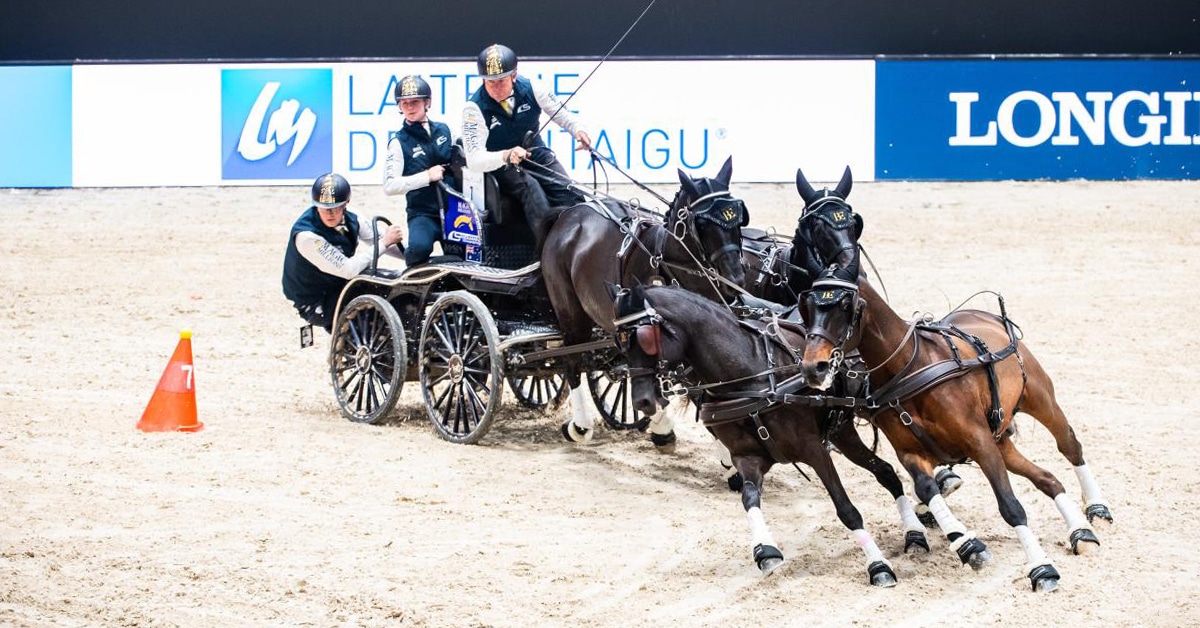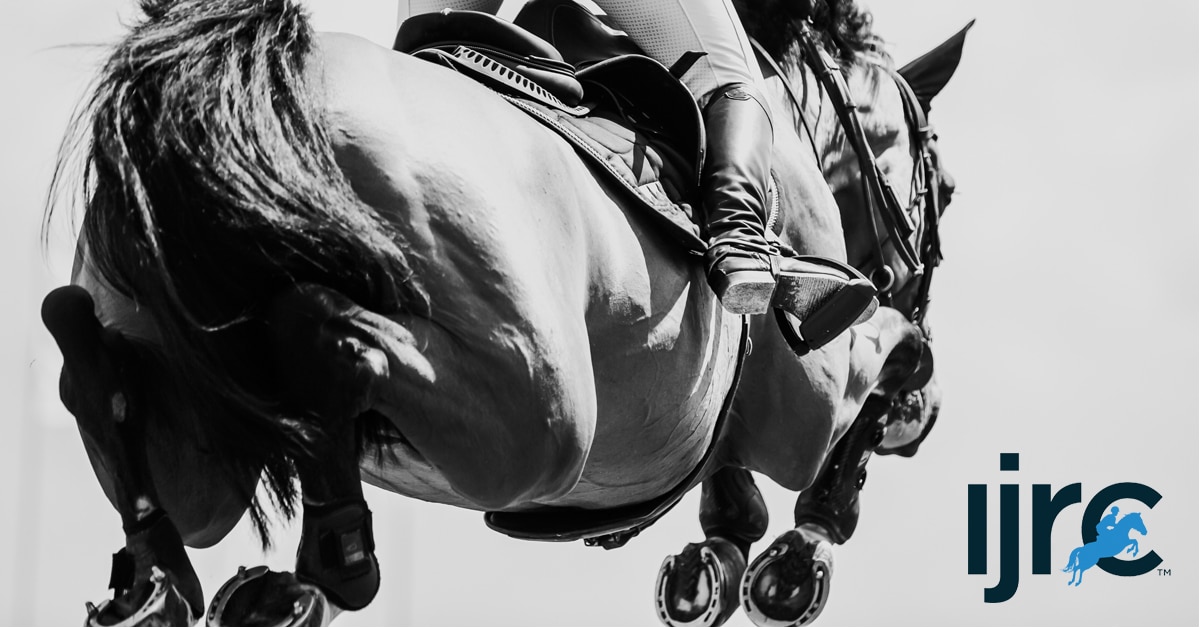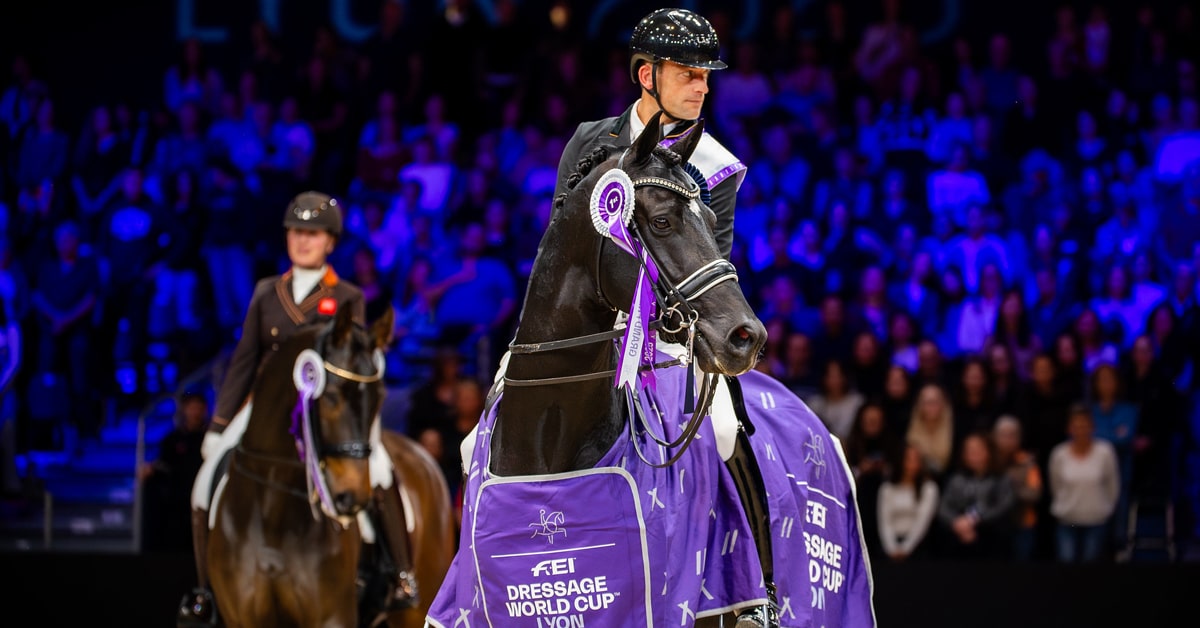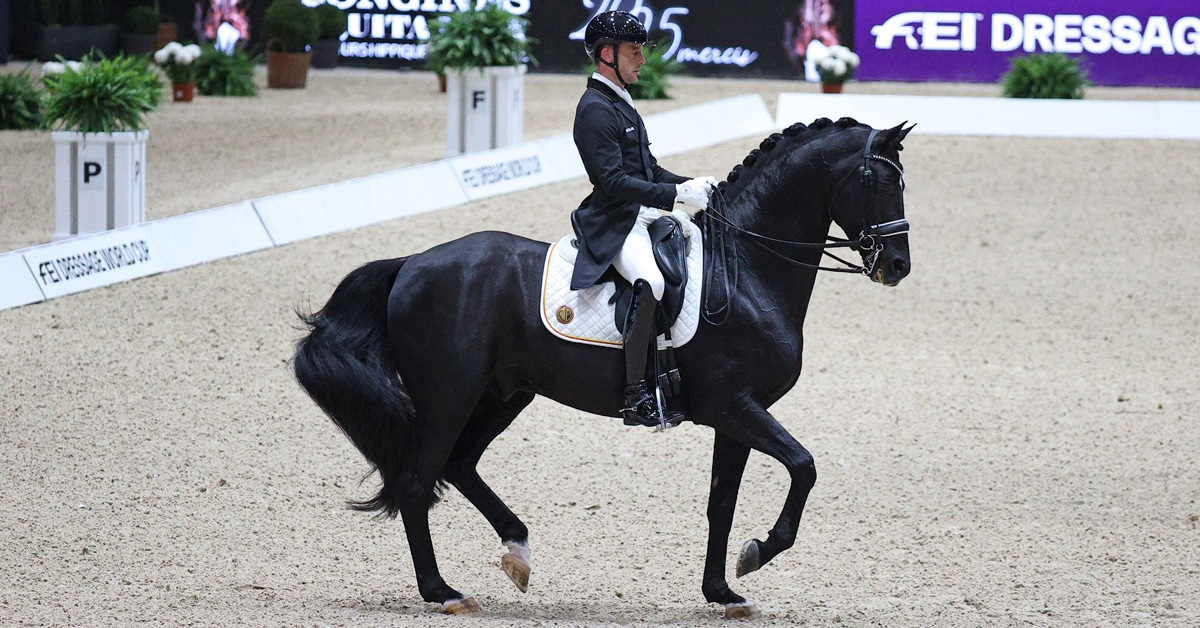The key Chinese media always refer to Ludger Beerbaum as the “Father of the German equestrian sport”. Even if the German equestrian sport is actually quite a few years older than the successful sportsman and entrepreneur from Riesenbeck, Westphalia, this reverent title clearly underlines the fact that the role Beerbaum is primarily playing at the “Longines Equestrian Beijing Masters” in Peking is that of the ambassador for his sport. In an interview the 49-year-old co-organiser of the equestrian event staged in the “Bird’s Nest” national stadium talked about the globalisation of the sport, the arising opportunities for Germany and about the rapid development of organised equestrianism in China over the past years.
Q: The equestrian sport has become increasingly more globalised over the past years. What are your views on this development?
A: Our sport has without doubt taken a very large step forward within a very short space of time. For us riders it was like a huge mountain that suddenly loomed up in front of us: Long journeys, also for the horses of course, huge logistical challenges and suddenly we had much more to manage. When I look back over the past few years, it has provided us above all with a great opportunity. We are not football or Formula 1 racing, so we should be grateful that we have the opportunity to present our equestrian sport on an international level. Many other sports are envious of the fact that we are able to participate in the growth markets on a global scale. And for us personally it is broadening our horizons immensely, a fantastic experience.
Q: This doesn’t just apply for the athletes…
A: Exactly. We riders see ourselves as ambassadors for the entire equestrian sport. Not just for Germany incidentally, but certainly for other nations too. Our know-how is called for in many areas. Trainers, judges, blacksmiths, veterinarians are needed to an equal extent as breeders, organisers and equipment suppliers. This transfer is a fantastic opportunity for the sport – and of course it is very lucrative too.
Q: How are you experiencing the development of the “Longines Equestrian Masters”, which is being staged here in the “Bird’s Nest” national stadium in Peking at the weekend and which you are also a co-organiser of?
A: A lot has happened since its premiere in the year 2011. The entire organisation has become more professional, the show is very well-known in the meantime and thus becomes more and more interesting – for the spectators, media and sponsors.
Q: Where does the equestrian sport in China stand today?
A: There have been plenty of developments here too within a short period of time. A basic structure comprising of many national events, many of which are organised with the support of European agencies, is gradually evolving. The awareness for the sport has grown significantly, the equestrian sport is gaining in popularity. In the meantime a lot of Chinese people also travel to Europe to learn more there or simply to enjoy watching the sport.
Q: What are the most urgent problems?
A: We will no doubt have solved the quarantine problem in the near future. At the moment horses from Europe are allowed to enter China, but they are not allowed to leave again, which is why my colleagues and I are having to borrow horses to compete. Once the problem has been solved, the exchange and in particular the development of the top sport will experience a further acceleration.
Q: What potential still lies undiscovered in China?
A: Immense potential. But it is difficult to forecast how fast the sport will develop here. The transfer of know-how and experience simply takes time. But there is an incredible amount of energy behind this development, so I am convinced that the Chinese equestrian sport is heading in the same direction as that of the European sport. We will – I am pretty sure – also see Chinese riders at the coming Championships – and the sport needs these stars so that it can show a broad development.
Q: What is like for you as an equestrian sport pioneer to explain your sport to the media here in China?
A: (laughs) Sometimes very bizarre. I have been posed questions that I haven’t ever been asked before. They wanted to know what my fashion style is, what clothes I wear. But this year we are already organising the Longine Beijing Equestrian Masters for the third time and we have definitely observed one interesting development in terms of the media. The media is now particularly interested in comparisons to the European shows.
Q: What is it like for you and the other riders here in Peking? Do you have the opportunity to take in some of the cultural aspects?
A: Definitely. The Forbidden City, the Chinese Wall and the Summer Palace – we have all visited these cultural sites. It is definitely very different from being in Paris or London within the European cultural area. In this respect it is of course an advantage that we aren’t able to compete on our own horses here in Peking. Since we don’t have to spend time looking after them, we have more leisure-time.
For more information, visit and http://www.beijingmasters.com and https://www.facebook.com/LonginesBeijingEquestrianMasters
More News
